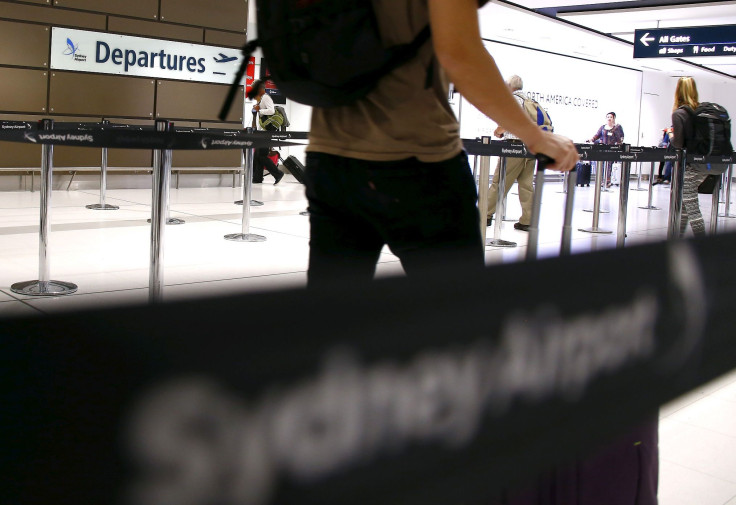16-year-old autistic girl to be deported after failing immigration medical assessments

A 16-year-old girl, who suffers from autism and has been living in Australia for eight years, could be deported. This comes after she could not clear immigration medical assessments.
Sumaya Bhuiyan’s family applied for a permanent residency in 2013, but were rejected. Sumaya suffers from autism spectrum disorder. According to Sumaya’s mother, Nasrin Haque, the immigration health evaluations concluded that Sumaya had a “moderate developmental delay” that could cost Australian taxpayers significantly.
Haque, who is originally from Bangladesh and is a doctor, has until Friday to show the plane tickets of her departure to the immigration department. Her sister, brother and parents are Australian citizens. If she doesn’t present the plane tickets, she faces deportation to Hungary, where the family are citizens.
"I cannot imagine how I will live without my daughter,” she said. “I don't actually know what I will do."
Haque’s husband, also a doctor, lives in Hungary. However, neither Haque nor her family know how to speak Hungarian. Being sent back could impact her children’s education.
The deportation can be intervened only by Immigration Minister Peter Dutton or his assistant minister Alex Hawke. In January, the Department of Immigration and Border Protection wrote to the family saying Hawke had “personally considered your case and decided it would not be in the public interest to intervene.”
According to a department spokesman, Hawke can stop the deportation only if it was “in the public interest” to do so. “The Minister cannot be compelled to exercise his powers and he is not required to explain his decisions on any case. What is or is not in the public interest is entirely a matter for the Minister considering each case on its own merits," the spokesman said, speaking with Fairfax Media. “The minister only intervenes in a relatively small number of cases which present unique and exceptional circumstances.”
The family’s online petition, on change.org, urges ministerial intervention into the matter. The petition has been signed by nearly 36,000 people.
Autism Awareness Australia chief executive Nicole Rogerson said the way the family was being treated carried a “disgusting undertone.” She said being asked to go back suggested disable people are viewed as a burden and have nothing to contribute. “From our point of view, it’s just so disgusting, the undertone in this message. The message is you are a skilled migrant, you are a doctor … but the minute you’ve got disability in your family, whoopsie, you’re out,” Rogerson said.





















